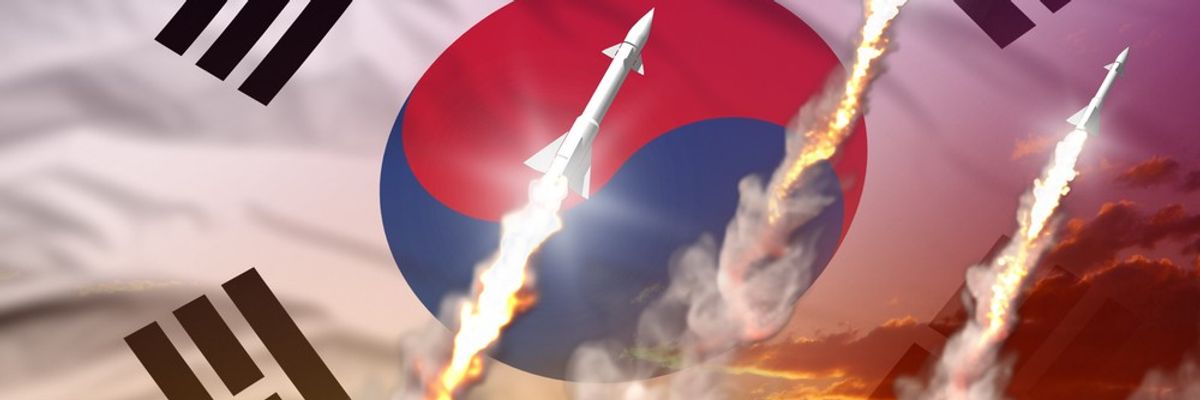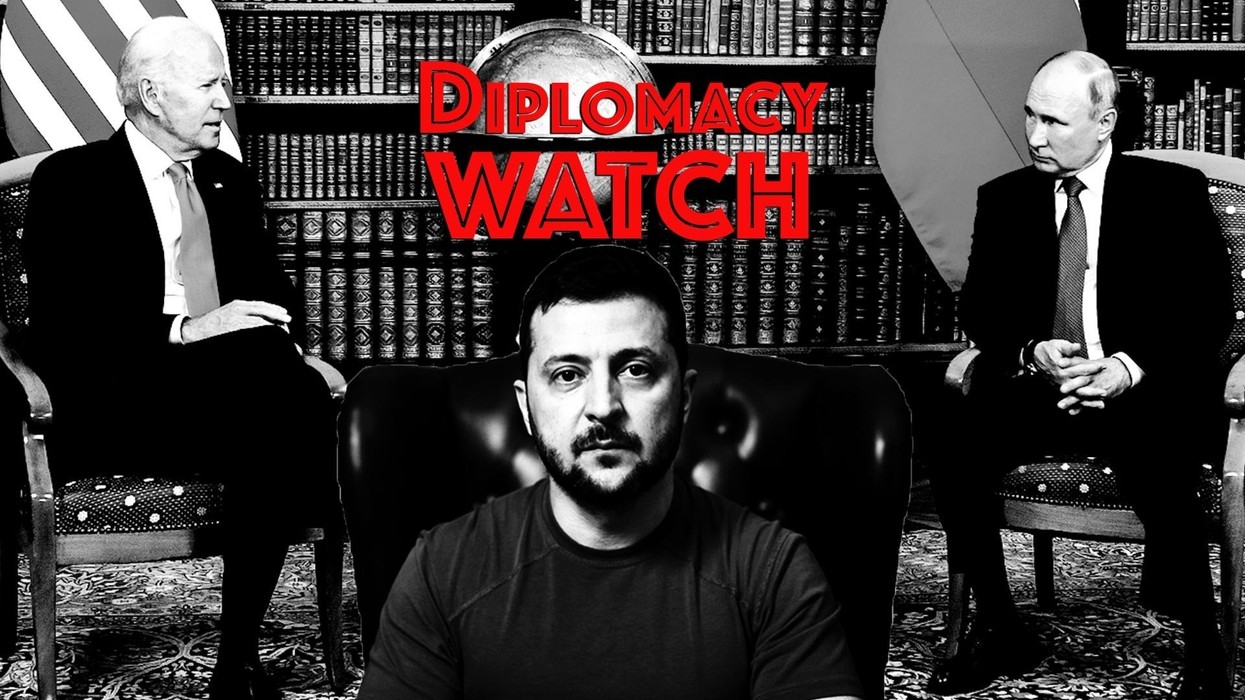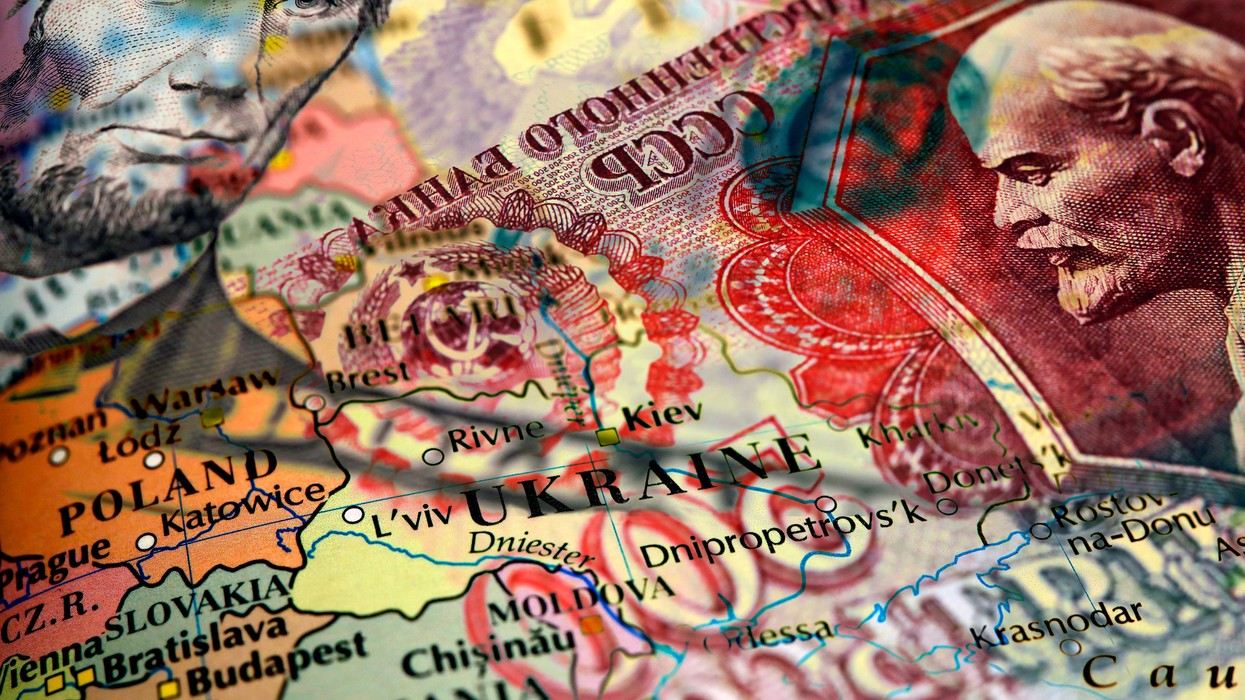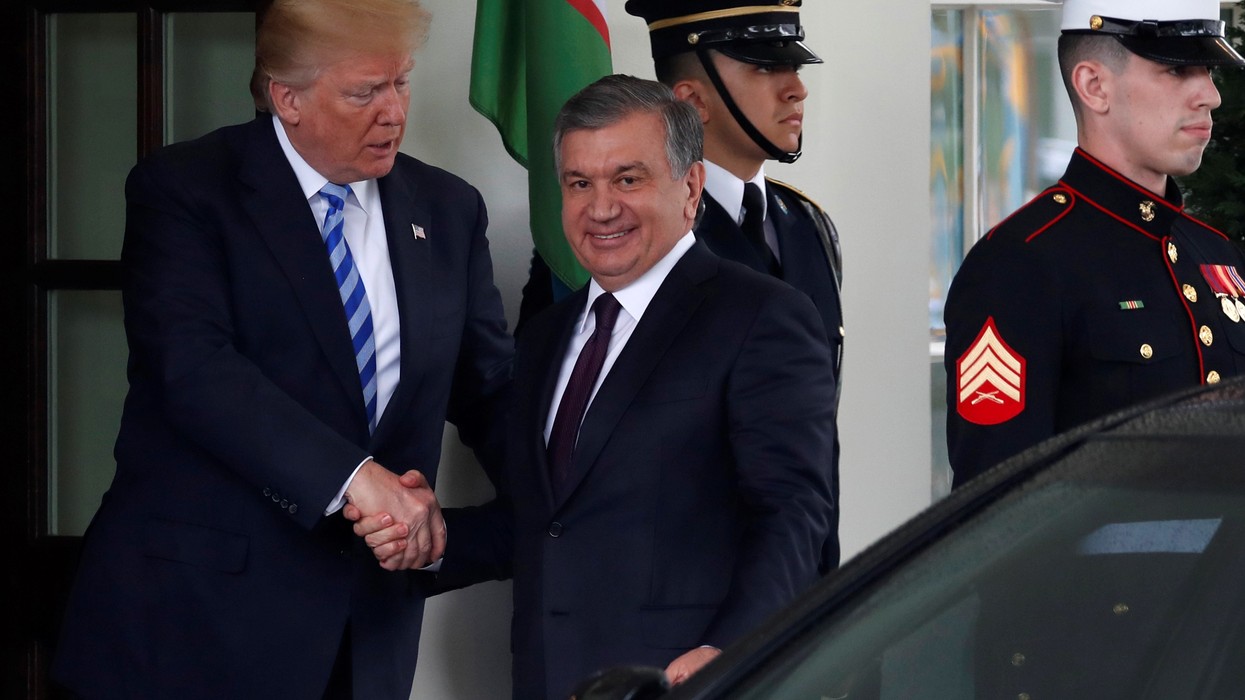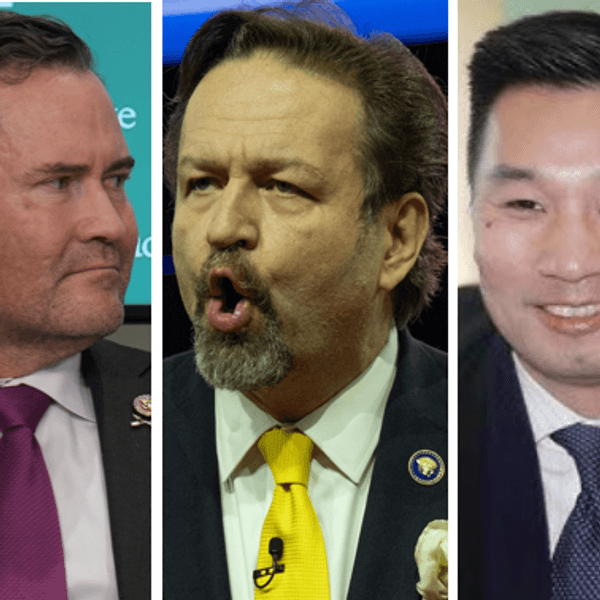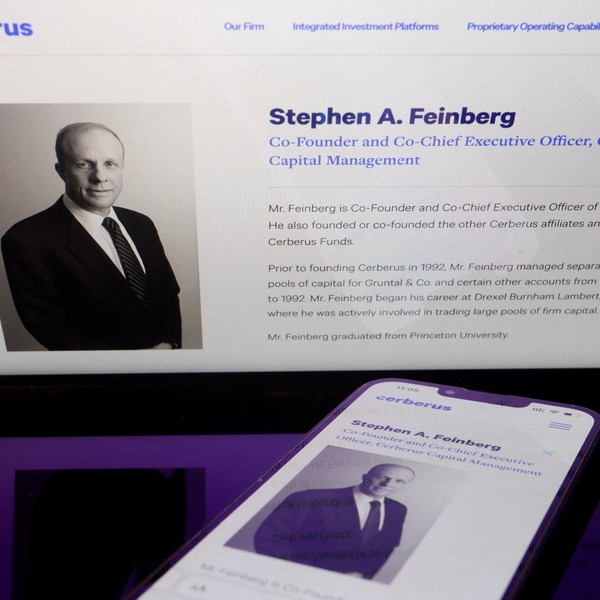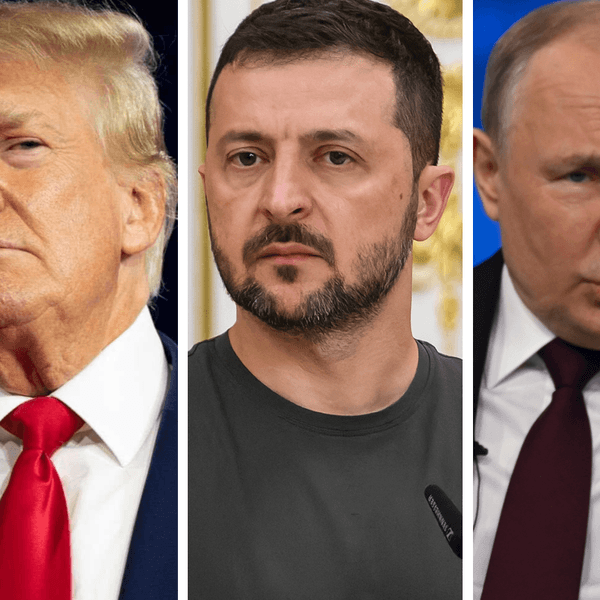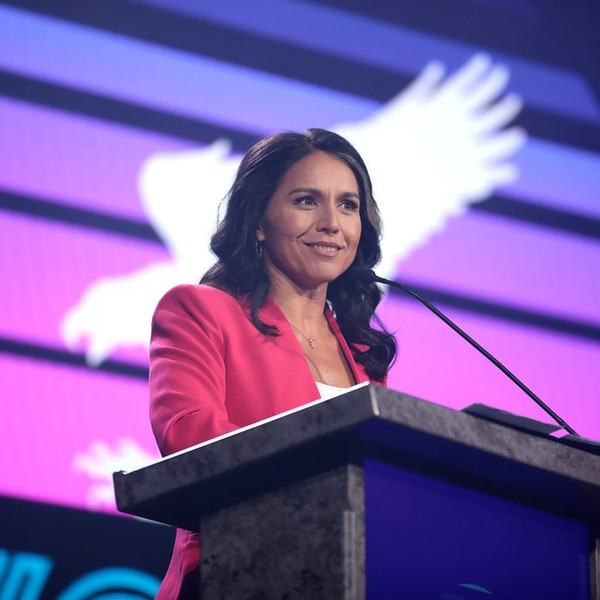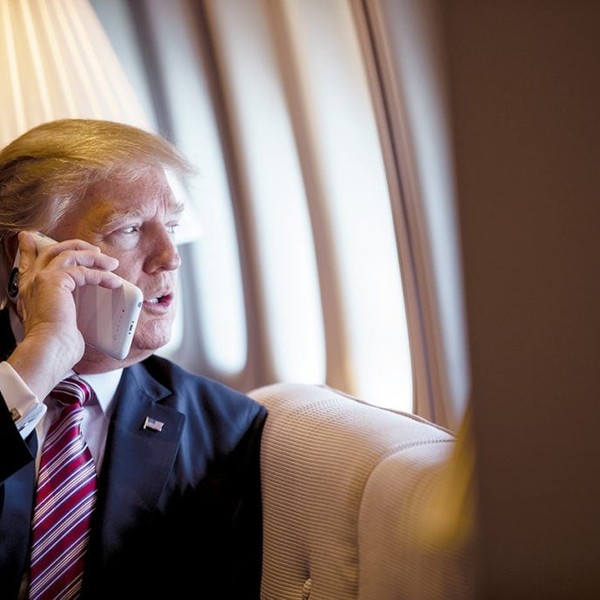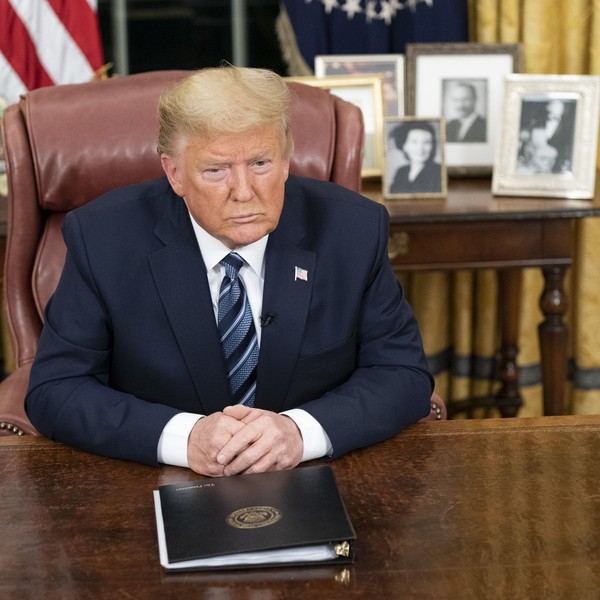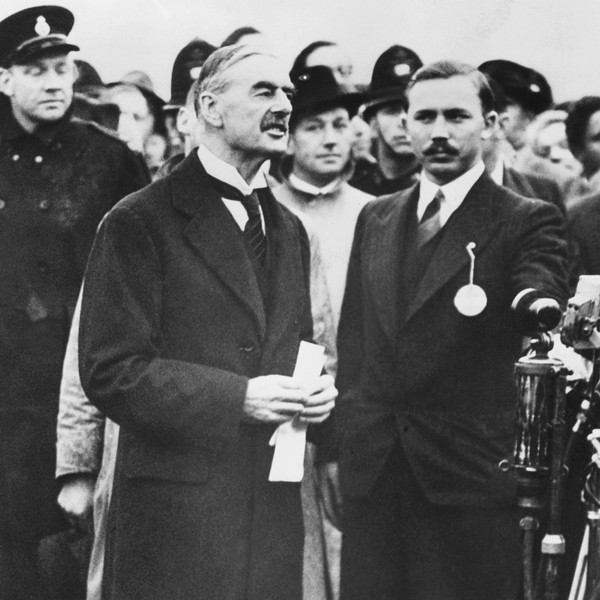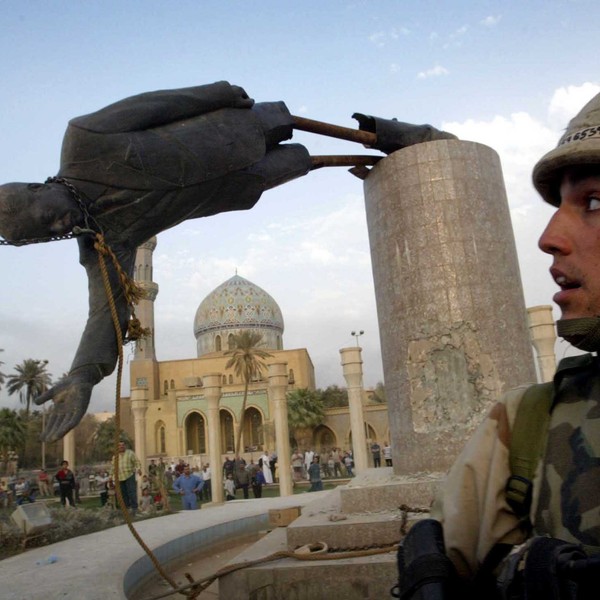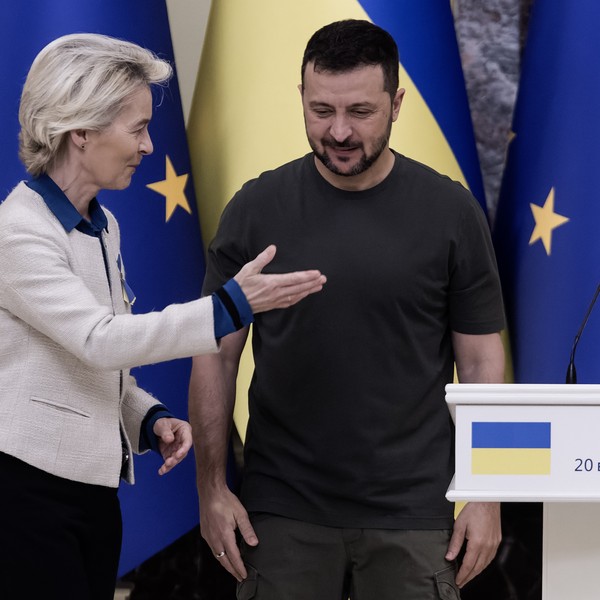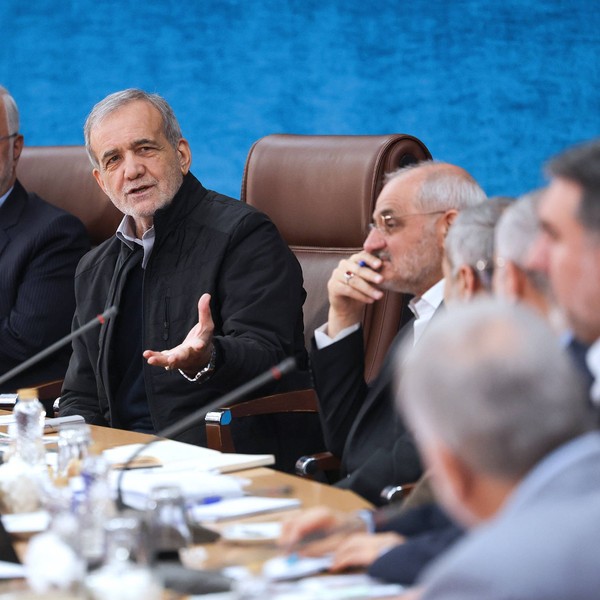Two-thirds of South Koreans want their country to develop its own nuclear weapons, according to a recent survey from South Korean newspaper Hankook Ilbo.
The chastening finding comes amid years of rising tensions on the Korean peninsula that threatened to boil over into a crisis last year. North Korea carried out a record number of ballistic missile tests in 2022, a practice that South Korea and the United States responded to with unprecedented military drills of their own.
Now, Pyongyang is reportedly considering carrying out its first nuclear test since 2017, and South Korean President Yoon Suk Yeol recently suggested that Seoul could pursue nukes of its own.
“It’s possible that the problem gets worse and our country will introduce tactical nuclear weapons or build them on our own,” Yoon said. “If that’s the case, we can have our own nuclear weapons pretty quickly, given our scientific and technological capabilities.”
While Yoon’s comments may seem odd to an American audience, they reflect a growing trend in South Korean politics. Over the past decade, public support for acquiring nuclear weapons has hovered between 60 and 70 percent, hitting a high of 71 percent in a 2022 survey from the Chicago Council on Global Affairs.
And the country’s political leaders are starting to catch up with public opinion. As Nathan Park recently noted in RS, Seoul Mayor Oh Se-hoon — a leading member of Yoon’s conservative party and a possible future presidential candidate — said South Korea needs “an ‘active nuclear umbrella’ or its own nuclear weapons,” and Daegu mayor Hong Joon-pyo said that denuclearization of the peninsula has become “impossible.”
For now, all this talk has yet to turn into a shift in policy. In an interview with CNN, Han Duck-soo, South Korea’s prime minister, acknowledged the broad public support for nuclear proliferation but said such a move is not “the right way” to deal with North Korea.
“We have built up a quite adequate level of our deterrence capabilities in close cooperation with the United States,” Han said. “We would like to let North Korea know that developing and advancing nuclear capabilities will not guarantee the peace and prosperity in their country.”
Notably, South Korean public opinion on nuclear weapons has largely followed the tone of U.S. policy in the region. When former President Donald Trump attempted a diplomatic opening with Pyongyang in 2018, only 55 percent of South Koreans reported wanting Seoul to pursue its own nuclear arms program — the lowest result since at least 2010.
But tensions with China — a nuclear-armed neighbor and ally of North Korea — have also played a key role. South Koreans who support a domestic nuclear weapons program largely said it was necessary to deal with threats other than Pyongyang or to boost Seoul’s standing in the international community, according to a 2022 poll from the Chicago Council.
